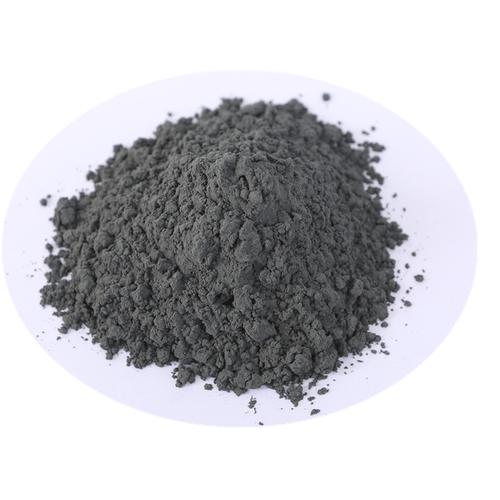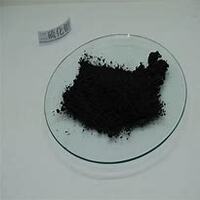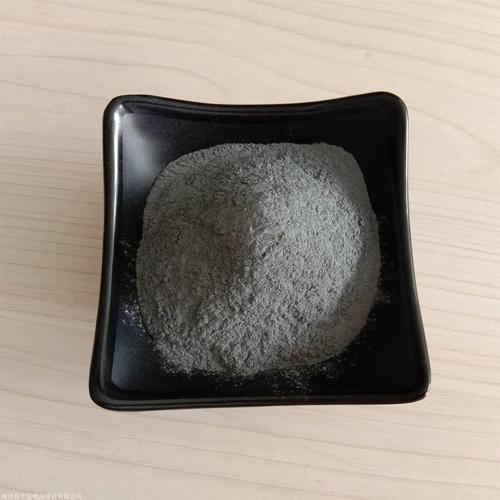Overview of 3D Printing Service steel aluminum titanium alloy prototype test parts
Titanium-based 3D printing, also known as Additive Manufacturing (AM) with titanium alloys, is an advanced manufacturing process that utilizes selective laser melting (SLM), electron beam melting (EBM), or binder jetting to fabricate complex geometries and functional parts directly from titanium powders. This technology leverages titanium's exceptional properties, including high strength-to-weight ratio, corrosion resistance, and biocompatibility, to create parts for demanding industries such as aerospace, medical, and automotive.
Features of 3D Printing Service steel aluminum titanium alloy prototype test parts
Complex Geometry Fabrication: Enables production of intricate designs and internal structures impossible or extremely difficult with traditional manufacturing methods.
Material Efficiency: Reduces waste by using only the required amount of titanium powder, leading to material savings and environmental benefits.
Strength and Lightweight: Utilizes titanium’s natural properties to create lightweight yet strong components, essential for aerospace and performance-driven applications.
Customization: Facilitates the production of patient-specific medical implants and customized parts, taking advantage of 3D printing's design flexibility.
Reduced Lead Times: Streamlines manufacturing processes, allowing faster prototyping and production of parts compared to conventional methods.

(3D Printing Service steel aluminum titanium alloy prototype test parts)
1. Sample Material: Please provide us with the specific material you would like to test for, such as steel aluminum titanium alloy, and we can discuss the process of preparing it and testing it. 2. Test Parameters: - Temperature: Set the temperature range between 60°C to 95°C - Pressure: Keep the pressure below 8 bar - drop: around 0.001 bar - Tension: Make sure that all tensions in your prototyping parts meet the required tolerance levels - Hollowing: Do not impact the hollowing process as this may affect the surface finish and overall performance of your product - Cutout: Cut out the intended part at precise dimensions and sizes to ensure that they fit properly. -: Ensure that the part is smooth and free of any roughness or debris to reduce noise and improve durability 3. Test Results: After completing the tests, we will evaluate the results and determine if your product meets the specified parameters. We may recommend further analysis of the results, such as comparing the data to industry standards or conducting tests on different materials and manufacturing processes. If necessary, we will work with you to optimize your design and production process until you achieve the desired specifications.

(3D Printing Service steel aluminum titanium alloy prototype test parts)
Applications of 3D Printing Service steel aluminum titanium alloy prototype test parts
Aerospace: Manufacturing of lightweight turbine blades, structural components, and engine parts that can withstand high temperatures and stress.
Medical Implants: Producing customized implants like hip joints, cranial plates, and dental implants, which benefit from titanium's biocompatibility and tailor-made designs.
Automotive and Racing: Creating high-performance parts such as exhaust systems, suspension components, and engine parts for reduced weight and enhanced performance.
Defense: Fabricating lightweight armor and tactical gear, taking advantage of titanium's strength and durability.
Energy: Manufacturing components for the oil & gas industry and renewable energy sectors, where corrosion resistance and durability are crucial.
Company Profile
Kmpass is a trusted global chemical material supplier & manufacturer with over 12-year-experience in providing super high-quality 3D printing powder and relative products.
The company has a professional technical department and Quality Supervision Department, a well-equipped laboratory, and equipped with advanced testing equipment and after-sales customer service center.
If you are looking for high-quality 3D printing materials and relative products, please feel free to contact us or click on the needed products to send an inquiry.
Payment Methods
L/C, T/T, Western Union, Paypal, Credit Card etc.
Shipment
It could be shipped by sea, by air, or by reveal ASAP as soon as repayment receipt.
FAQs of 3D Printing Service steel aluminum titanium alloy prototype test parts
Q: Is 3D Printing Service steel aluminum titanium alloy prototype test parts cost-effective? A: While the initial setup and material costs can be high, the technology reduces waste and allows for complex designs, which can lead to cost savings in specific applications and volumes.
Q: What are the common titanium alloys used in 3D printing? A: Popular titanium alloys include Ti-6Al-4V (titanium with 6% aluminum and 4% vanadium), known for its balanced properties, and Ti-6Al-4V ELI, used for biomedical applications due to its enhanced ductility.
Q: Can 3D Printing Service steel aluminum titanium alloy prototype test parts match the strength of traditionally manufactured titanium parts? A: Yes, with proper post-processing, including heat treatment, titanium 3D printed parts can achieve mechanical properties comparable to, and in some cases, exceed those of forged or cast titanium parts.
Q: Are there any limitations to titanium 3D printing? A: Some limitations include high equipment costs, post-processing requirements, and the need for specialized design considerations to prevent part distortion and ensure structural integrity.
Q: How does 3D Printing Service steel aluminum titanium alloy prototype test parts impact the environment? A: While the process consumes significant energy, it promotes sustainability by reducing material waste and enabling lightweight designs that improve fuel efficiency in transportation industries.

(3D Printing Service steel aluminum titanium alloy prototype test parts)



